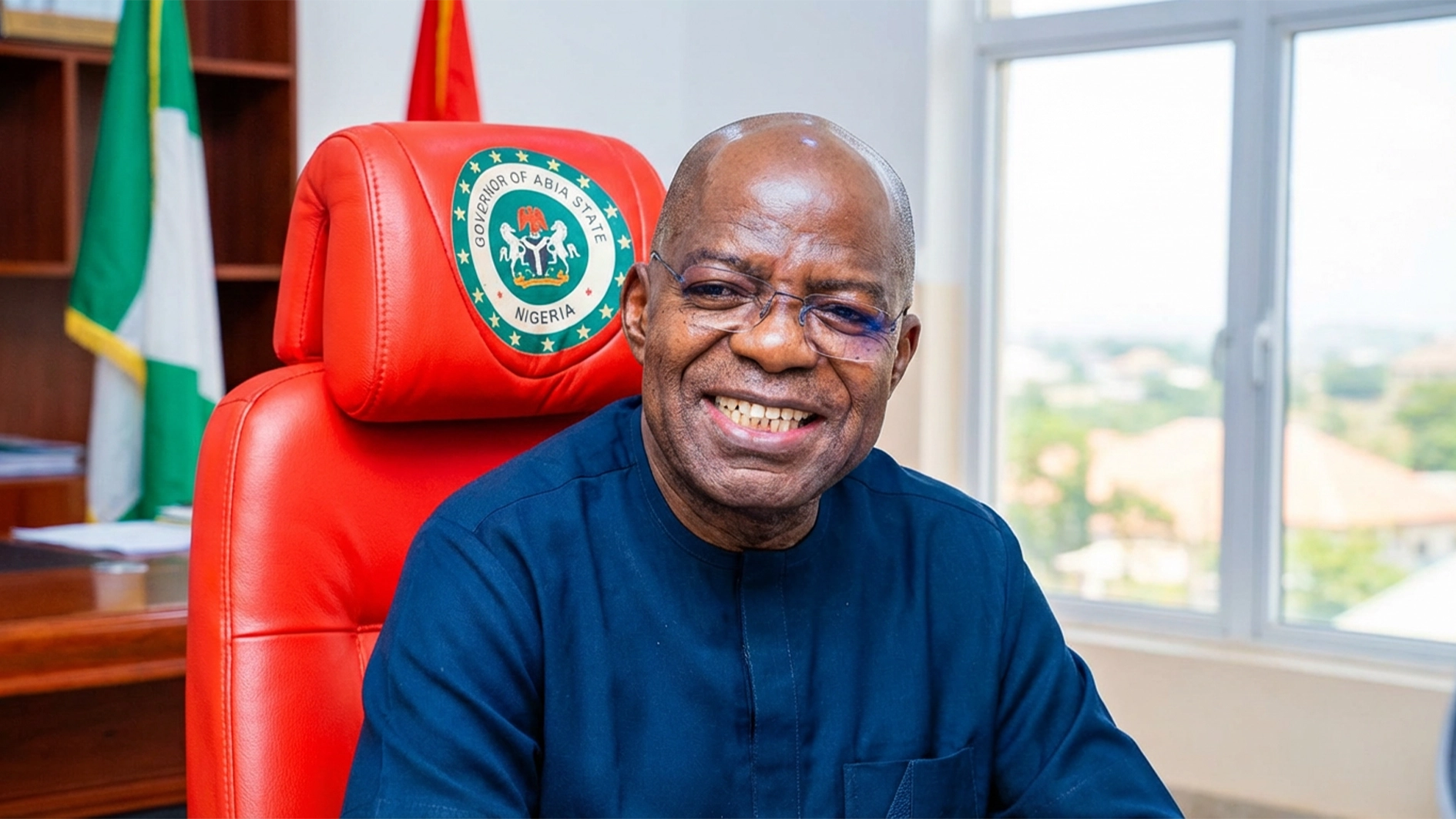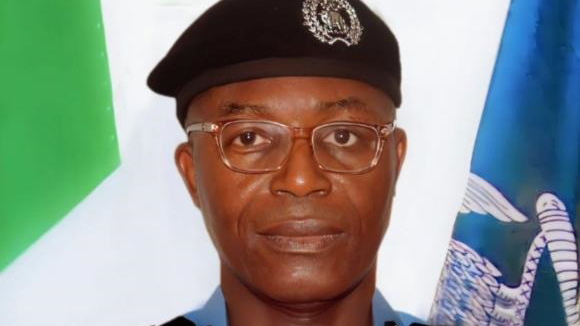BAT Nigeria has reaffirmed its commitment to sustainable water management by convening a multi-stakeholder workshop at its Ibadan factory to tackle pressing water challenges in the country.
The workshop, themed “Collaborating for Sustainable Water Stewardship,” brought together government officials, industry representatives, and community leaders to explore strategies for responsible water use and long-term security.
Opening the session, the Operations Director, BAT West & Central Africa, Hasnain Ishtiaq, stressed the importance of collective action in addressing the global water crisis.
“This workshop is a testament to our firm belief that we can only make a real difference and build a sustainable future by working together, sharing ideas, and committing to collective action,” Ishtiaq said.
According to the World Bank, over 40 per cent of the global population lives in water-stressed areas, placing about one-quarter of the world’s GDP at risk.
The situation is expected to intensify, with agricultural demand projected to rise by 50 percent by 2050, requiring at least a 15 per cent increase in water withdrawals.
Climate change is further worsening these challenges through unpredictable weather patterns, floods, and droughts.
The Sustainability Operations Manager, BAT West & Central Africa, Dr. Adesuyi Adeola, highlighted the company’s progress in aligning its practices with the Alliance for Water Stewardship (AWS) Standard, a global framework for responsible water use.
Adeola revealed that BAT’s wastewater treatment facility, with a 50m³ capacity, recycled more than 14,000 m³ of water in 2024, a milestone in its conservation efforts.
Adeola noted that BAT Nigeria has made gains in reducing water withdrawals and boosting recycling, underscoring the company’s commitment to transparency and data-driven reporting.
Government participation also featured prominently in the workshop.
The Director of Water Resources, Ministry of Environment and Natural Resources, Mrs. Bode Raji Olugbemiga, assured stakeholders of the government’s commitment to rehabilitating public water infrastructure.
She said the ministry’s involvement in the forum signaled collaboration with the private sector on water security initiatives.
Other participants included representatives from the Manufacturers Association of Nigeria (MAN) and the National Environmental Standards and Regulations Enforcement Agency (NESREA).
The workshop ended with a joint call for participants to serve as “ambassadors” for sustainable water stewardship, reinforcing the shared responsibility of ensuring clean and accessible water for all communities.






